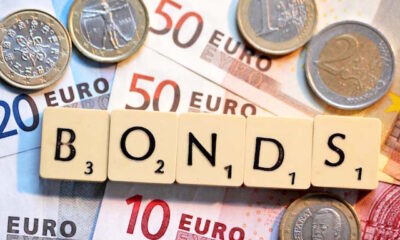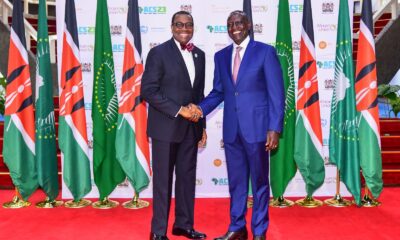Kenya’s gross domestic product (GDP) is projected to grow by 4.5 percent in 2021, signaling a partial recovery from the COVID-19 (coronavirus) pandemic which caused growth to stall last year. Economic activity is estimated to accelerate to above 5 percent in 2022 and 2023, according to the latest World Bank analysis.
The prospects for Kenya’s continuing recovery, which is uneven across sectors with some still heavily affected by the pandemic, hinge on the progress of the vaccination effort. The base case is for adequate agricultural harvests and a pick-up in industrial activity aided by rising demand from the recovering global economy. However, many services activities face a longer path to recovery. According to the 23rd edition of the Kenya Economic Update, Rising Above the Waves, private consumption is expected to strengthen, supported by a recovery in wages and household incomes, and strong remittances. The report notes that consumer confidence and business activity should be supported by ongoing vaccination efforts and, over time, the return of mobility to pre-pandemic levels. Monetary policy accommodation is likely to continue in the near term, in the absence of inflationary shocks. The fiscal deficit is projected to shrink from 8.7 percent of GDP in FY2020/21 to 4.2 percent in FY2023/24 due to fiscal consolidation efforts.
“The outlook remains unusually uncertain and contingent on the course of the pandemic. We expect that Kenya’s economy will continue its recovery, albeit unevenly and for some sectors only gradually, supported by the government’s plan to vaccinate the entire adult population by mid-2022,” said Keith Hansen, World Bank Country Director for Kenya.
A slower deployment of vaccines due to supply challenges, logistical impediments to domestic distribution, and vaccine hesitancy, could weaken the recovery. Furthermore, external factors such as setbacks to the global economy due to a resurgence in infection rates could adversely impact the projected recovery in Kenya’s goods exports, tourism, and capital inflows. A slower than anticipated vaccination rollout, fiscal slippages, adverse weather conditions, and a weaker global economic backdrop could all challenge the projected recovery. In an adverse scenario, near term average growth would be lower, at 3.7 percent. On the upside, the pandemic’s economic impacts could fade faster than anticipated, including due to accelerated vaccination, leading to a faster recovery in economic activity.
Against this backdrop, policymakers face the challenge of controlling the pandemic, supporting economic recovery, and laying the foundation for green, resilient, and inclusive development, while reducing macro-financial vulnerabilities.
“Policymakers can support Kenya’s economic recovery by remaining responsive to the still very fluid pandemic situation, whilst prioritizing vaccination in the short term and fiscal consolidation over the medium term,” said Alex Sienaert, Senior Economist for Kenya. “The proposed FY2021/22 Budget reflects these priorities and its implementation would contribute to beginning to rebuild fiscal space.
The special focus section of this economic update provides an update on the labor market in Kenya as the country moves into a crucial period of its demographic transition. Over the next decade, Kenya’s labor force population will increase by an average one million per year, as the largest youth cohorts move into working age. To reap a potential demographic dividend, it will be imperative to build on Kenya’s development progress to date, reinvigorate economic transformation, and shift the labor force progressively into more productive activities. The COVID-19 pandemic has added to this already considerable challenge by disrupting economic activity and causing job losses. On the labor supply side, investments and reforms to strengthen human capital and social protection are at the center of enabling Kenya’s fast-growing workforce to participate in and drive jobs and economic transformation.



 Forex2 weeks ago
Forex2 weeks ago




 Naira2 weeks ago
Naira2 weeks ago
 Naira4 weeks ago
Naira4 weeks ago
 Billionaire Watch1 week ago
Billionaire Watch1 week ago
 Company News4 weeks ago
Company News4 weeks ago




 Naira2 weeks ago
Naira2 weeks ago




 Naira1 week ago
Naira1 week ago




 Naira4 weeks ago
Naira4 weeks ago


















